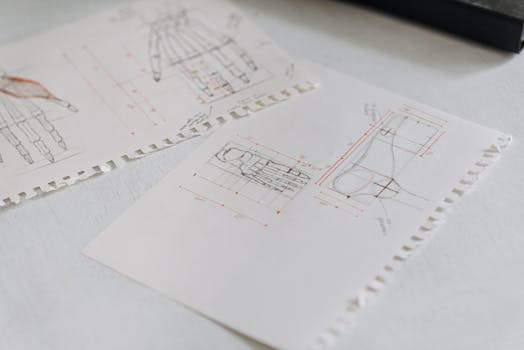You can take a foundation degree, higher national diploma or degree course.
Subjects include:
- engineering product design
- industrial design
- computer-aided design engineering
- engineering design and manufacture
- materials science
- maths and physics
Mechanical, electrical and civil engineering qualifications might also be accepted by employers.
Courses accredited by the Institution of Engineering Designers (IED) may help your career development later on.
Entry requirements
You'll usually need:
- 1 or 2 A levels, or equivalent, for a foundation degree or higher national diploma
- 2 or 3 A levels, or equivalent, including maths


